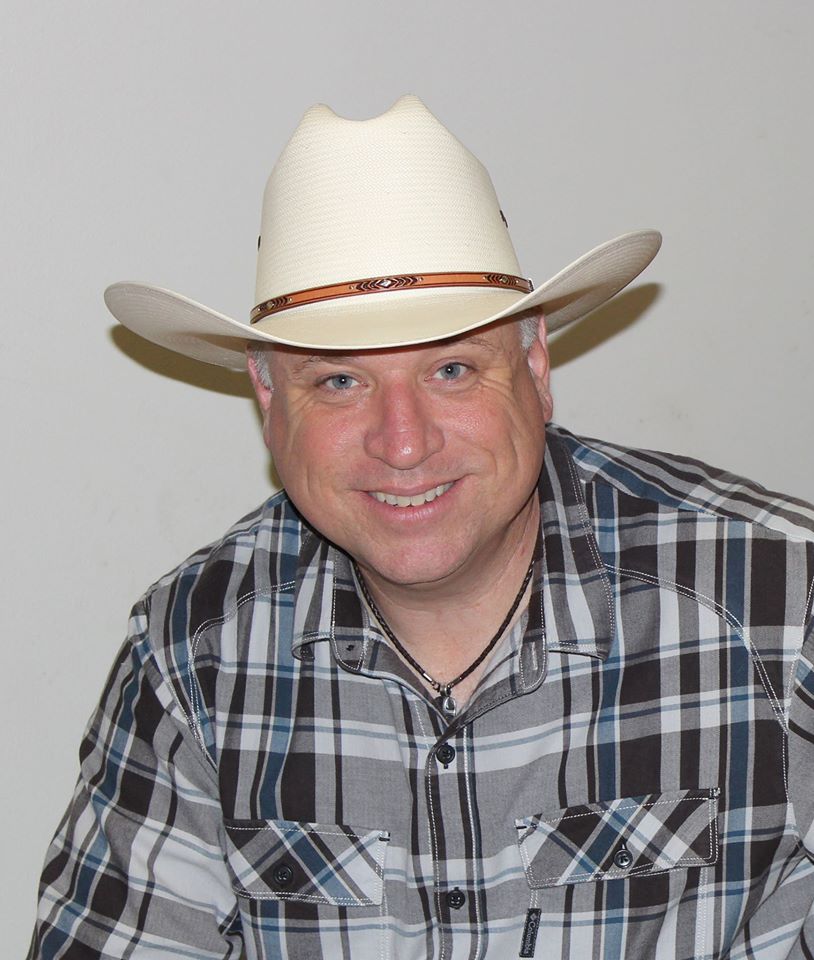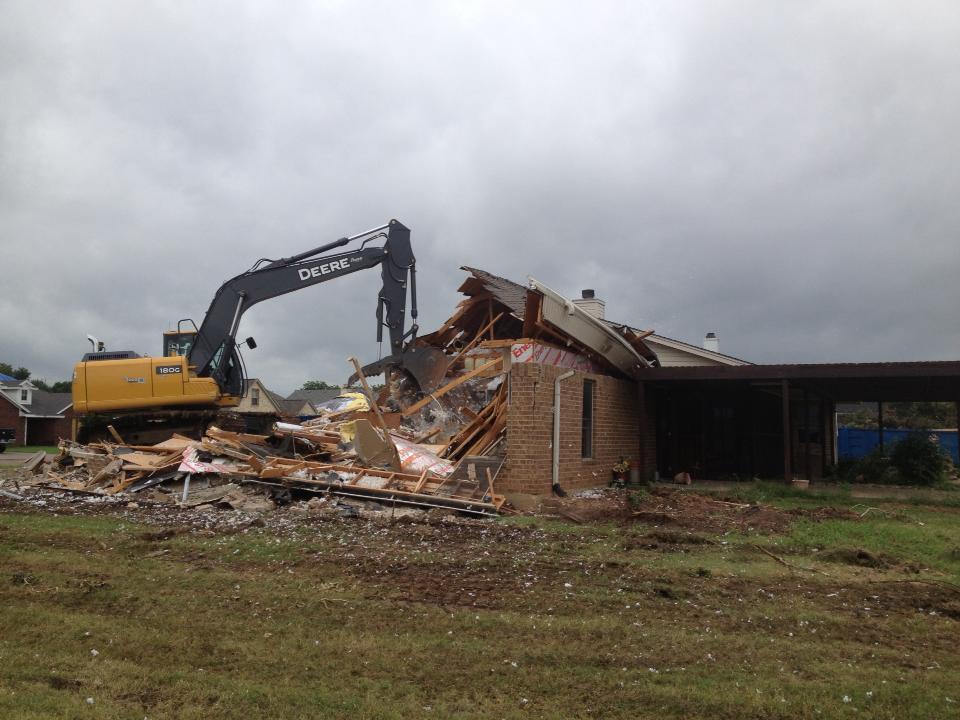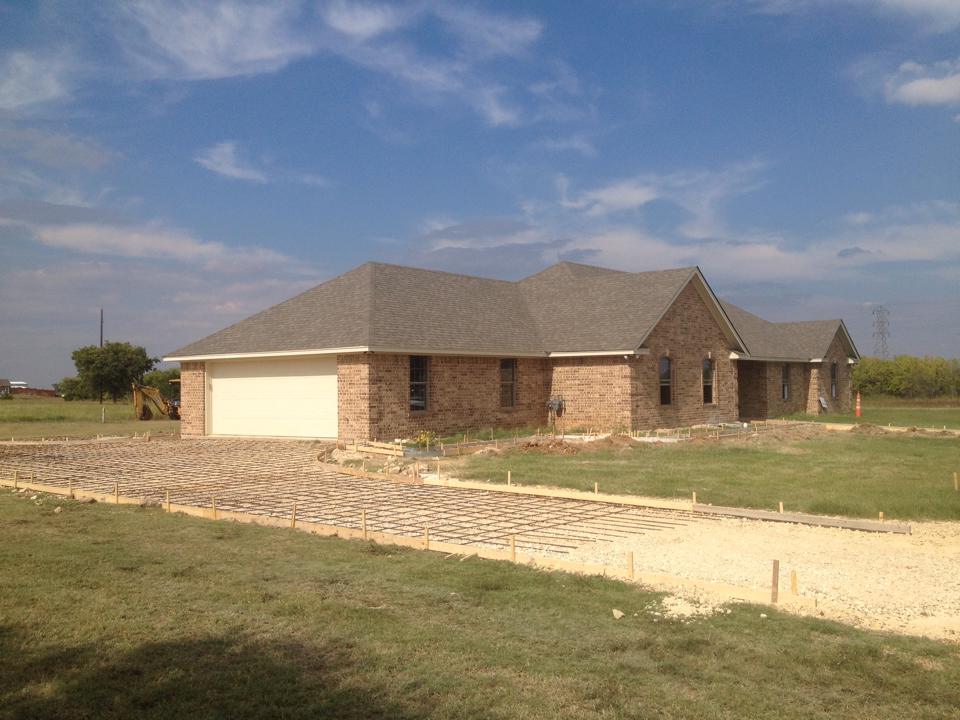By Jeff Brumley
It’s much quieter these days in West, the tiny Texas town partially flattened by a deadly fertilizer plant explosion in April 2013.
Gone are the convoys of semis and church trailers hauling debris and construction supplies, lawn equipment and food. Missing are the masses of teen, middle-aged and senior citizen volunteers, decked in fluorescent T-shirts, wielding shovels, wheelbarrows and coolers filled with ice water.
And most of the residential mowing and weed-eating nowadays is being done by local residents, not visitors from Oklahoma, Arkansas and other parts of Texas and the nation.

But another sign that West is moving on from the blast that killed 15 and injured 226 is that John Crowder and his wife, Lisa, are set to move into a newly constructed home on their lot of some eight years — probably this week.
“Yesterday, the developer showed me the certificate of occupancy and that it’s OK for me to move home,” Crowder, the pastor at First Baptist Church of West, said Oct. 8. “That was a very moving time.”
While the Crowders aren’t unique among West residents for feeling emotional about moving back into permanent homes, the family is among the last in town to do so. Of about 120 houses destroyed, only 10 or fewer remain either to be built, finished or move into, Crowder estimated.
‘Put himself … last’
And that’s because Crowder, 50, has spent the better part of the last 17 months consumed with leading local efforts to help others rebuild their lives and homes, said Marla Bearden, disaster recovery specialist with Texas Baptist Disaster Recovery.
Crowder served on the board of the long-term recovery effort, worked with other religious leaders in town to coordinate financial aid and opened his church to volunteers and volunteer coordinators for numerous recovery projects in the city, said Bearden, who helped coordinate the “Loving West” recovery effort that drew nearly 800 volunteers to West for a week in June 2013.

And it was a massive effort involving local, state and federal agencies. It was also volunteer-intensive, Bearden said, because extensive media coverage created great interest in the response and recovery of West.
As many as 2,500 volunteers have moved through West just from Texas Baptist efforts. Crowder would likely have dealt with most of them directly or indirectly.
“John was right there working with the community and with those [long term recovery] case managers,” Bearden said. “He really put himself and his family last, and members of the community first.”
‘We were overwhelmed’
All the while, Crowder and his wife were living a nomadic existence, staying in borrowed spaces while the rest of the town was rebuilding.
Their original house on Northridge Circle was located about a quarter mile from the West Fertilizer Co. plant. The ammonium nitrate explosion that flattened it created immense structural damage to the Crowder home and across the entire neighborhood.
“The rafters were poking through the roof and most of the ceilings had come down,” Crowder said. “In the bedrooms that faced the plant, there were shards of glass imbedded in the wall on the far wall from the windows — so we were blessed that we were not home.”

The home, which eventually had to be demolished, and the entire neighborhood were cordoned off by authorities.
Next, there came a series of temporary dwellings.
“We moved four times in six weeks,” he said.
The night of the explosion, they stayed in the home of a First Baptist deacon, and remained there about a week.
From there, they moved into the home of a church member on an extended vacation. That was followed by a brief hotel stay.
Finally, the deacons purchased a double-wide trailer in which the family has lived ever since.
“I didn’t know they made mobile homes that nice. We were overwhelmed.”
‘Grand Central Baptist’
But Crowder quickly found the rest of his life overwhelming, too.
Within hours of the tragedy, First Baptist began getting inquiries from both those who wanted to help, and those who needed it.
Pretty soon, the Crowder found that it was all he could do to keep up with that unfolding process and meet his obligation as the pastor of a church.
“In disaster recovery, you pretty much throw out your job description,” he said.
“For me, everything changed except I still preached Sunday mornings — which in itself is a challenge when you are going through personal trauma and the community is suffering.”
One job that had been relatively low-stress before was that of treasurer for the local ministerial alliance. After April 2013, its existing voucher system came into great demand — and worked through the treasurer.
First Baptist was even busier. The congregation quickly became the de facto headquarters of agencies like Texas Baptist Men, the Baptist General Convention of Texas and others.
First Baptist also began coordinating free demolitions, facilitating 60 of them altogether and saving families between $12,000 and $24,000.
Meanwhile, individuals were coming in for the vouchers and sometimes showing up individually to volunteer. Most of those services were eventually taken over by the Long Term Recovery Center, but for many months FBC was a place on the move.
“We nicknamed it ‘Grand Central Baptist,’” Crowder said. “It became the hub of activity for the recovery effort there for a while.”
‘We are coming home’
Crowder said West is still very much in recovery mode, but is now mostly on its own and that’s just the way residents want it.
“It has stopped being the primary point of conversation,” he said of the blast. “But that is by choice — people are so emotionally exhausted they don’t want to talk about it anymore.”
The visible volunteer support in West is much less than it was. Crowder said residents are not resentful of that because they understand there are others in need.
But he said there remains a strong need for financial and prayer support in West.
Crowder acknowledged that his family still needs to recover, too. He said the new house will help with that.
The new home was built on the same lot and using the same floor plan, the same brick, the same colored shingles “so we feel like we are coming home.”

So, like in most every other part of West, the Crowder family is on the verge of returning to life as it was before April 17, 2013.
“It’s almost like the end of my personal recovery,” Crowder said of moving into the home.
“The night it happened, we could not come home and we have not been home yet. So going home — that means something.”
